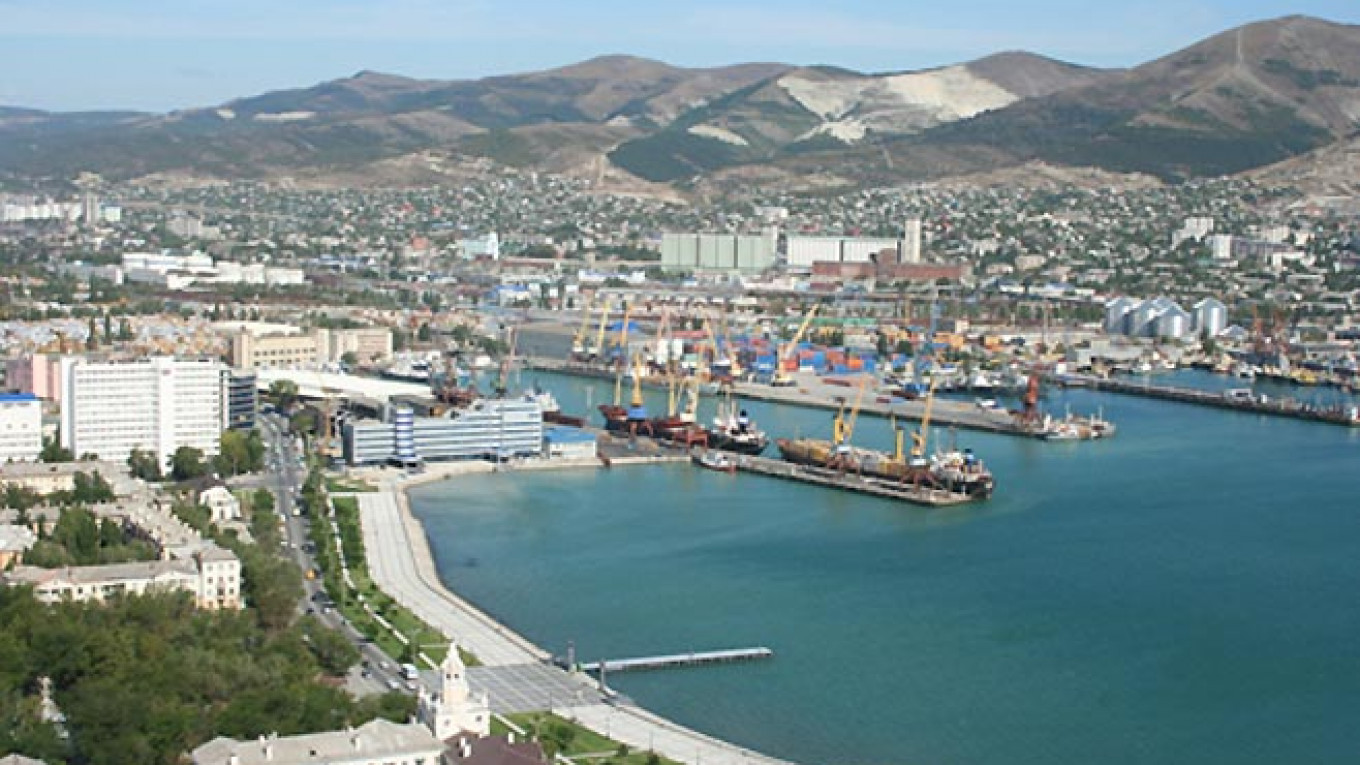The Cabinet approved a plan to privatize an additional 431 companies through 2016, according to a document published on the government's website Monday.
About 20 percent of Novorossiysk Commercial Sea Port, the Russian Lottery, and multiple scientific-research, construction, and agricultural facilities are up for sale, in addition to regional airports, shipping companies and metallurgy businesses.
The Novorossiysk Commercial Sea Port is one of the more valuable assets the state has put up for sale. The sea port operator is publicly traded in London and Moscow and it reported $316 million in profit for 2012.
Igor Sechin, president of oil company Rosneft, said in December that the company was prepared to buy the state's 20 percent stake at its market price. Based on its Monday market capitalization of $2.4 billion on the London Stock Exchange, a 20 percent stake would be worth $480 million.
The state also plans to sale small stakes in several banks, including market leader Sberbank, and major banks UralSib, MDM, and Svyaznoy.
The All-Russian Public Opinion Research Center, the country's leading pollster, was excluded from the sale.
Russia's ambitious privatization plans have shrunk considerably in the face of adverse markets. Last June, Russia dropped its 2014 privatization target to about $5.5 billion, about half of the planed amount. The new round of privatization announced today comes late, having originally been planned for the 2011 to 2013 period.
The state's original privatization plans included sales in shares in state-owned telecoms giant Rostelecom, shipping fleet Sovcomflot, and up to a quarter of Russian Railways monopoly. In February Prime Minister Dmitry Medvedev said privatization plans would go ahead but that economic circumstances would be taken into account.
Western investors are currently shying away from Russian investments. Russian private sector IPOs have suffered or been postponed due to ongoing political tension in Ukraine, calling into question the fate of privatization schemes for large, state-owned companies.
"The key question is whether or not Rostelecom will be privatized. If there is no sale, then the privatization of other objects cannot compensate for the lost income," said Timur Nigmatullin, an analyst at Investcafe.
A Message from The Moscow Times:
Dear readers,
We are facing unprecedented challenges. Russia's Prosecutor General's Office has designated The Moscow Times as an "undesirable" organization, criminalizing our work and putting our staff at risk of prosecution. This follows our earlier unjust labeling as a "foreign agent."
These actions are direct attempts to silence independent journalism in Russia. The authorities claim our work "discredits the decisions of the Russian leadership." We see things differently: we strive to provide accurate, unbiased reporting on Russia.
We, the journalists of The Moscow Times, refuse to be silenced. But to continue our work, we need your help.
Your support, no matter how small, makes a world of difference. If you can, please support us monthly starting from just $2. It's quick to set up, and every contribution makes a significant impact.
By supporting The Moscow Times, you're defending open, independent journalism in the face of repression. Thank you for standing with us.
Remind me later.






